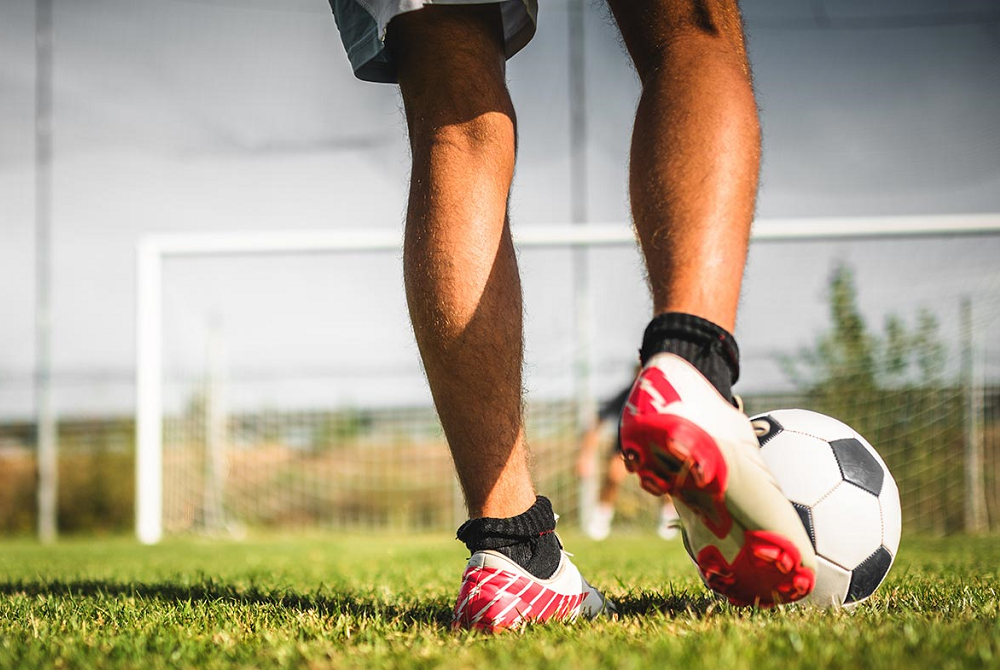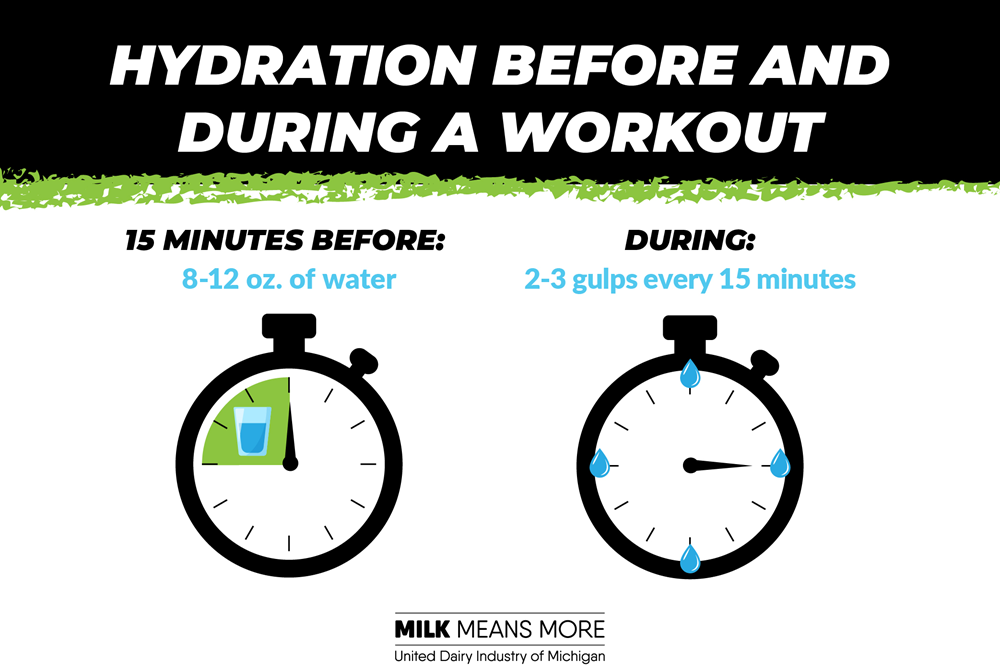
5 Ways Acupuncture Can Enhance Athletic Performance
May 9, 2023
In the ancient Chinese medicine of acupuncture, thin needles are gently inserted into specific areas of the body, stimulating blood flow to speed the recovery of certain ailments.
 It can be used as a treatment for everything from headaches and unbalanced hormones to joint pain and weakened immune systems. Acupuncture is also popular among athletes, as many of them incorporate it into their wellness regimens to stay in peak physical condition.
It can be used as a treatment for everything from headaches and unbalanced hormones to joint pain and weakened immune systems. Acupuncture is also popular among athletes, as many of them incorporate it into their wellness regimens to stay in peak physical condition.
“Back in the day, athletes ate steak, smoked cigars and drank whiskey during the week and then played football on Sunday,” says Thomas Betts, a sports medicine acupuncturist with Henry Ford Health System. “But today, to improve their performance, athletes are attacking the body from every angle possible with diet, lifestyle and exercise. NBA players, for example, have talked about how acupuncture keeps them feeling their best.”
But you don’t have to be an NBA star to reap the benefits of acupuncture. Whether you’re a professional or student athlete, or you exercise and play sports for fun or to challenge yourself, here are ways acupuncture can boost your game:
- Acupuncture can help you recover more quickly from an injury. “If a muscle is torn, acupuncture won’t put it back together, but for sprains and strains, muscle soreness and tendonitis, acupuncture can decrease inflammation and speed the healing process,” says Betts.
- Acupuncture can reduce the need for “rest days.” If you just had an intense workout and your muscles are sore, getting acupuncture afterward can loosen the muscles and decrease soreness so you don’t have to take a day off to recuperate before training again.
- Acupuncture can improve flexibility, decrease muscle tension and increase muscle activation. “This is done with motor point acupuncture,” says Betts. “The motor point is where the brain attaches to the muscle via the motor nerve. By using needles to stimulate a motor point, it is like rebooting a phone or computer that isn’t working well: Motor point acupuncture is autoregulating, in that it can deactivate a tight muscle or reactivate an inhibited or weak muscle.”
- Acupuncture can provide immediate pain relief. “Some studies show that acupuncture can provide as much as, if not more pain relief than medication,” Betts says. “It differs for everyone, and it depends on what is being treated, but some people say they feel a difference right after a session, and others say they feel better about 20 to 30 minutes later.” Pain relief can last from a few hours to a few days.
- Acupuncture can help prevent injury. Because acupuncture can reactivate weak muscles and decrease muscle tension, it can also be used as a preventative measure against injury, Betts says. But you should always still stretch before and after exercising!
Learn more about acupuncture and other integrative medicine services at Henry Ford. To make an appointment, you can request one online or by calling 1-833-246-4347.
Thomas Betts, DOAM, RAc, is a certified sports acupuncturist with Henry Ford Health. He sees patients at the Henry Ford Center for Athletic Medicine in Detroit.

Coach's Guide to Nutrition: Hydration
June 10, 2024
Stay hydrated during exercise. Encourage athletes to take at least 2-3 sips (2-3 ounces) of water every 15 minutes.
 Exercising for more than an hour? Sports drinks can help replace fluid, carbs and electrolytes.
Exercising for more than an hour? Sports drinks can help replace fluid, carbs and electrolytes.
Some athletes do not feel thirsty while they are active, so regular water breaks are important. As always, if they feel thirsty, let them grab a drink. If they feel dizzy, confused or nauseated, they should STOP and tell a coach or teammate. This may indicate they are dangerously dehydrated. Access to water should NEVER be used as a punishment.
Athletes should also look for these symptoms in teammates and remind them to hydrate when necessary. For a more individualized recommendation or for athletes with a cramping history, refer them to a Registered Dietician Nutritionist (RDN).
Dehydration Warning Signs:
- Cramping
- Nausea
- Dizziness
- Confusion
Information above is excerpted from UDIM’s A Coach’s Guide to Nutrition.

